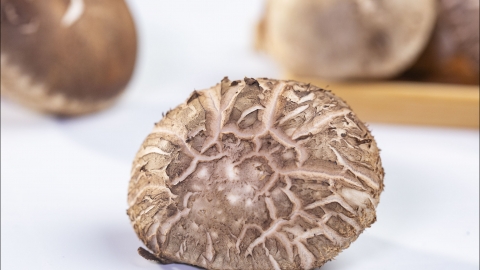Can patients with oral leukoplakia and lichen planus eat shiitake mushrooms?
Generally, whether patients with oral leukoplakia or oral lichen planus can eat shiitake mushrooms depends on the specific stage of the condition and individual patient factors. If discomfort or changes in symptoms occur, medical advice should be sought promptly. Detailed analysis is as follows:

If oral leukoplakia or oral lichen planus is in a stable phase, with no obvious mucosal congestion, erosion, or pain, and if the patient has previously consumed shiitake mushrooms without allergic reactions, small amounts may be consumed. Opt for lightly cooked preparations such as stir-frying or soups, avoiding spicy seasonings. This approach provides dietary fiber and vitamins while minimizing irritation to the oral mucosa. After consumption, closely monitor for any mucosal discomfort.
If the condition is in an acute flare-up phase, with evident mucosal damage, ulcers, or severe pain, or if the patient has a known allergy to shiitake mushrooms, they should be avoided. Shiitake mushrooms are a type of fungus, and in some individuals may trigger mucosal irritation. During acute phases, mucosal sensitivity is heightened, and consumption could worsen pain and delay healing. Allergic individuals may also experience systemic allergic reactions.
Ensure shiitake mushrooms are fresh; avoid spoiled mushrooms to prevent gastrointestinal upset. Use minimal oil and salt during cooking, and avoid pairing with irritants such as chili peppers or Sichuan pepper. If redness, itching, or increased pain in the oral mucosa occurs after eating shiitake mushrooms, discontinue use immediately and seek medical attention. Additionally, maintain a balanced diet rich in vitamin-containing fruits and vegetables to support oral mucosal health.






